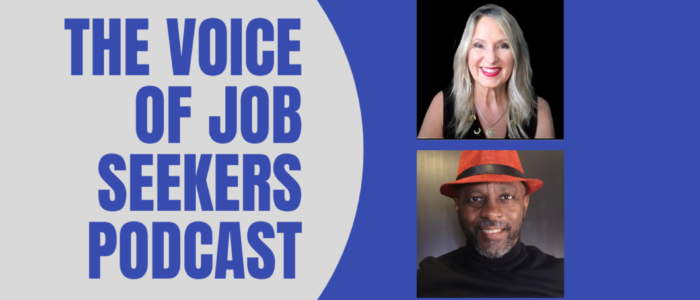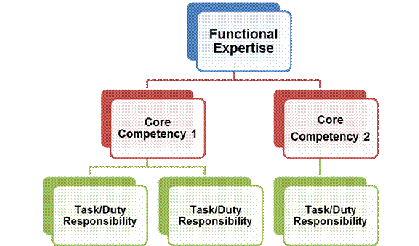
The job market today is unrecognizable from 2022. It was a job-seeker market. Most people are waiting to change jobs if they can. It’s a smart move. But eventually, the levees will break as far as opportunities are concerned. Preparation should be the mantra right now.
It’s not a good time to be Charlie Brown, so I thought. Read the rest of the story.
Growing up, my favorite books were the Charlie Brown volumes my mom bought me. If I wanted to read, I read Charlie Brown. I felt that I identified with him the most. I’m glad my life didn’t turn into this 100-game losing streak in how he managed and played with his baseball team. Many people have been searching for jobs so long that they may feel like Charlie Brown. That may not be a bad thing, but let me explain.
Many of us identified with him because he was so human. He was more realistic than his cartoon contemporaries his age. Many people don’t remember the name of Charlie Brown’s baseball hero.
Who?
Joe Shilabotnik was not a real baseball player; he was fictional, like Charlie Brown, but here is what I remembered about this player.
1) He was not a starting player in the major leagues
2) He never had batted .300 or hit home runs
3) Charlie Brown traded away Mickey Mantle and several all-stars to get Joe from Lucy. Lucy wouldn’t trade but ended up tossing the card because he wasn’t as cute as she thought
4) No other characters talked about Joe, except Schroeder, who once told C.B. that Joe was traded… to a lower minor league team.
Think about it. Charlie Brown could have admired many other players in the late ‘50s and early ‘60s: Willie Mays, Mickey Mantle, Roger Maris, Yogi Berra, Sandy Koufax, and others. Instead, he chooses Joe Shilabotnik, who is probably a minor-league standout who played by default.
Charlie Brown’s career wasn’t much to talk about either. Throughout the years, I only remember his team winning twice. Both wins were forfeited because the other teams did not show up.
Not to mention that Charlie Brown got pounded like a pitcher. He was walloped sometimes, and it made his body spin so much that his clothes came off.
Maybe you remember how Charlie Brown always tried to kick the football from Lucy’s hand. He kept trying, and she kept pulling it away. But I later admired how he put his whole body into it. He intended to kick it to kingdom come, even though he missed every time.
We count on Charlie Brown to keep trying, to give 100% effort even after we lose or experience pain.
But what is bittersweet about the hiring process is being liked goes a long way. People who say yes and no will decide whether it sustains employment, but you should be likeable—like Charlie Brown and Joe Shilabotnik.
What did we like about Charlie Brown?
Perseverance, endurance, steadfastness, and faith. Charlie Brown’s team lost yearly, and his team would return year after year. He organized, coached, and coordinated the team’s activities yearly with few good players and many lousy ones, including himself. But he gave his all daily.
He had a vision he never gave up on. Would generations of kids and adults find Charlie Brown interesting if he was a champion? Perhaps. But we relate better to people who are more like us. That makes us likable and hirable, that we come back from our losses. Like the movie “Seabiscuit,” we naturally cheer for the injured horse more than the others.
He had a faithful network of friends. You need your network to support, vouch, and encourage you daily. Although his friends complained about Charlie Brown, they were in position at game time. It is easy to rally people when you win. How about when you frequently lose? People must like you to rally don’t feel you’re a loser.
All of us should have a Joe and Charlie to defend. It’s part of winning, being a winner, and defining winning. It’s the passing of opportunities better for others. It’s considering others ahead of us at times. And believe even when their batting average is sub .200 (in baseball).
Everyone has felt like Charlie Brown, but few realize they have redeemable and attractive professional attributes like him. Although it is up to the job seeker to highlight these attributes, a great resource is people within the network who could help bring out the best in them.
There are attributes about you that people like and that could be used to get hired. What are they? How are you like Charlie Brown? How are you like Joe? Who believed in us when we were like either one?



